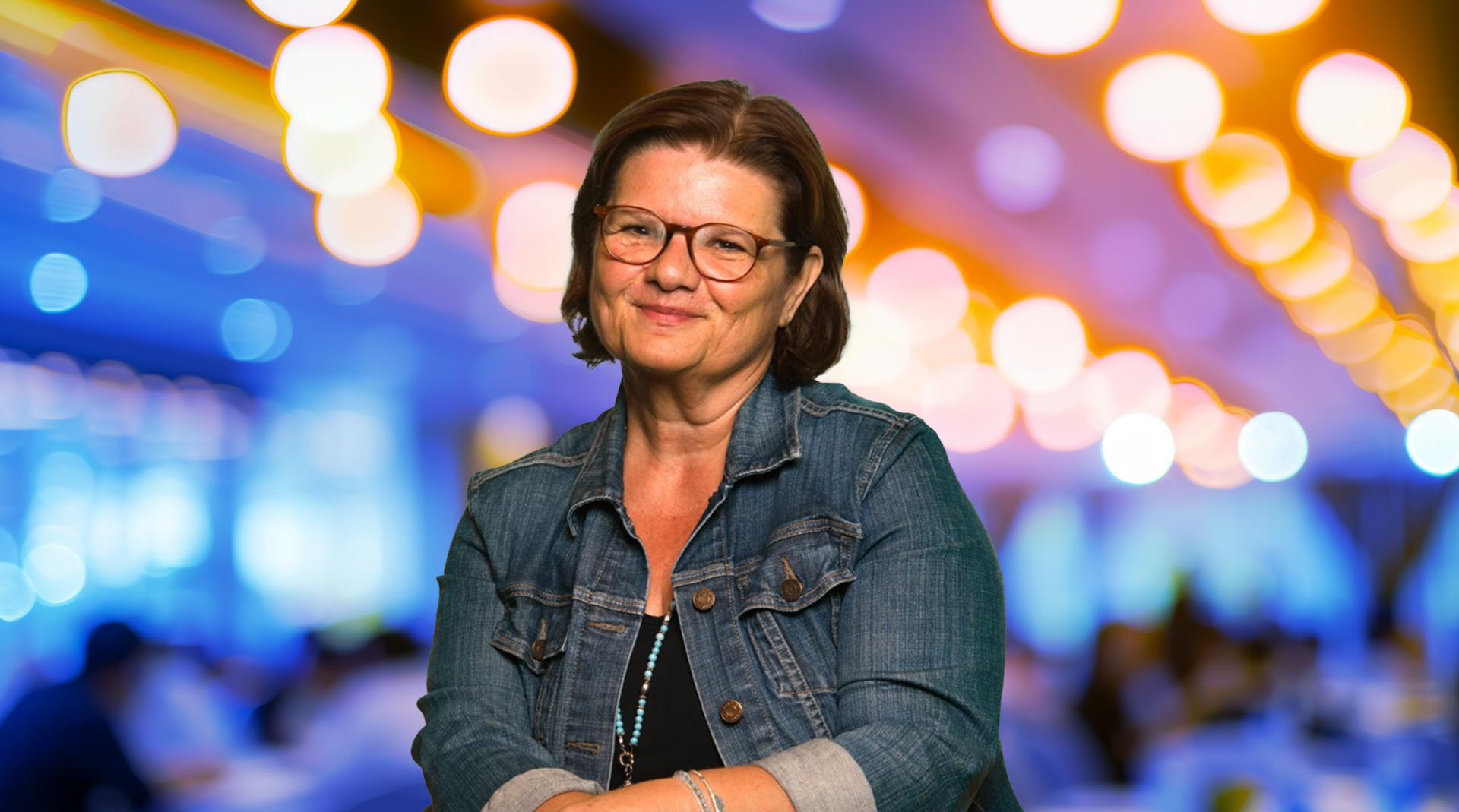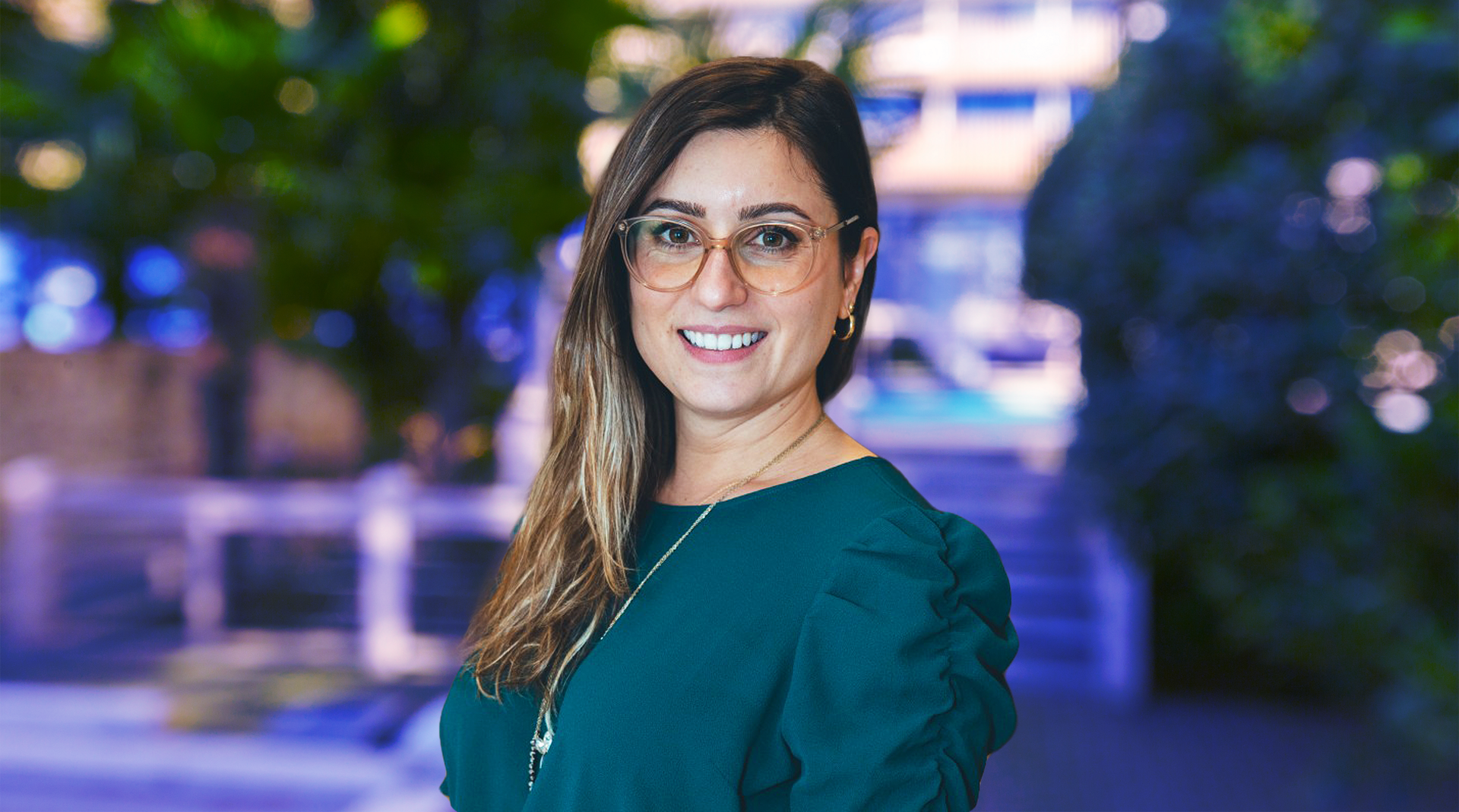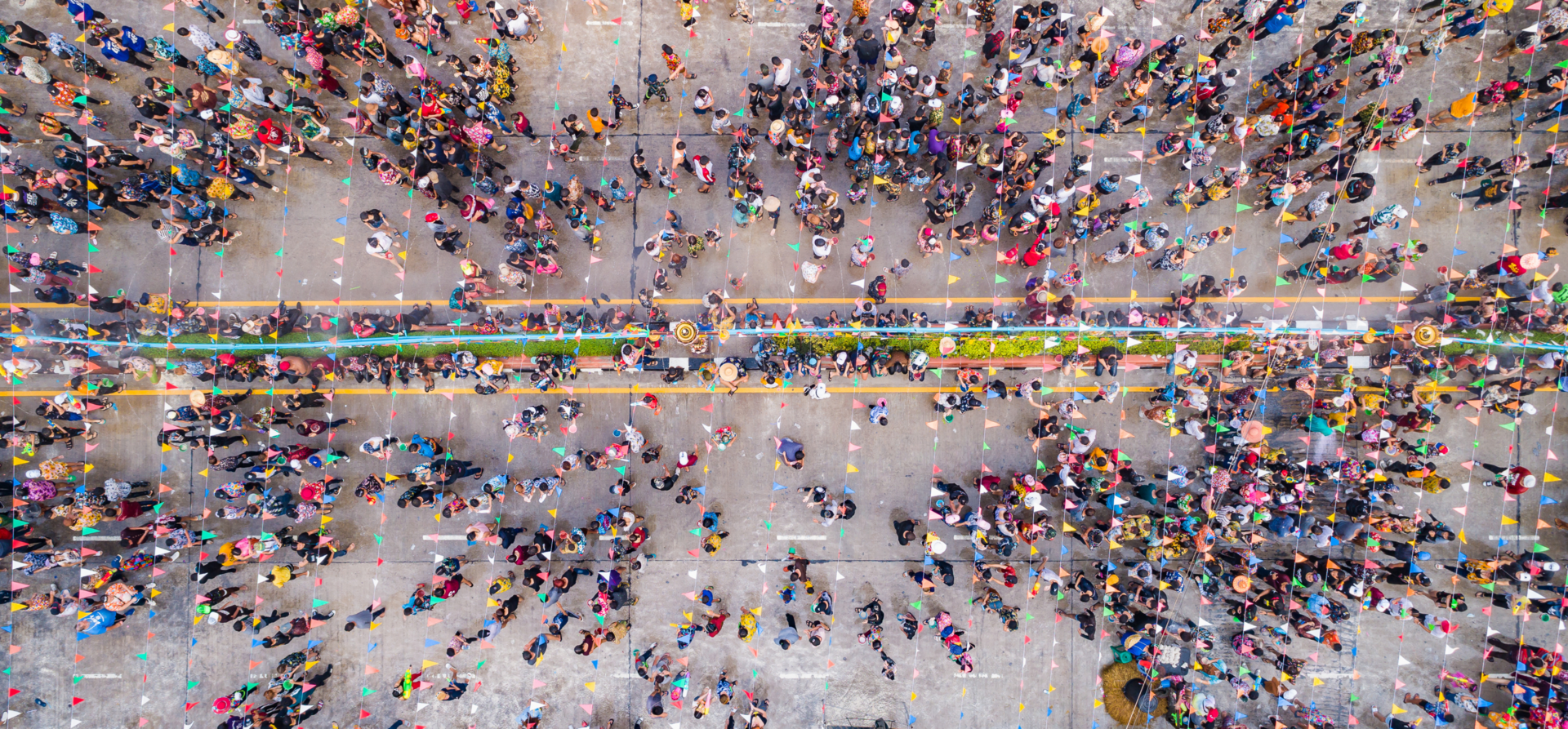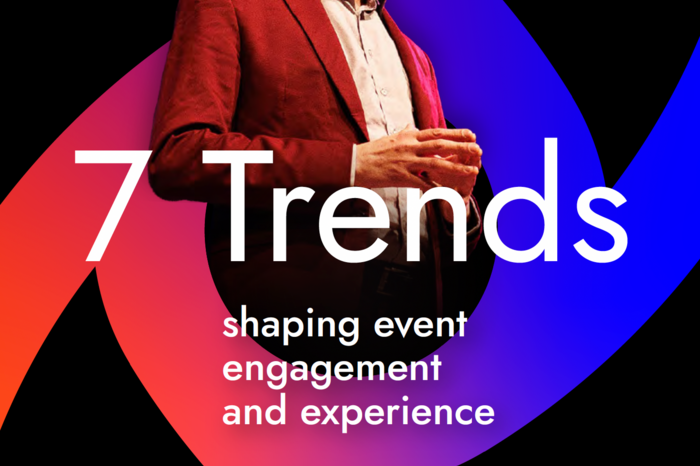
Why is DEI essential?
Embracing DEI not only ensures event organisers remain relevant but also future focused. Events have the transformative power and contribute to a more open, diverse and inclusive society.
DEI goes beyond ethical considerations. As Natasha Arsenijevich, Sustainability Consultant at MCI Canada, highlights, "DEI initiatives are vital in fostering an environment where diverse perspectives are celebrated, leading to more innovative solutions and a more inclusive community." This translates to increased engagement, brand loyalty, and ultimately, revenue.
Adriana Santana, ESG Specialist at MCI Brazil, echoes this sentiment, emphasising the growing demand for diversity and inclusion. "In Brazil, 55.5% of the population declares themselves black or mixed race, 52% are women, 3% LGBT+. They are taxpayers, they are buyers, they are sellers, they are consumers, they are opinion makers. Our customers are now charged with diversity; they are invited to show their numbers, their actions and that they are increasingly genuine." By embracing DEI, organisations demonstrate their commitment to a fairer and more balanced society, and thereby resonate with a wider audience.
Mark Overink, Director Events at MCI Netherlands, reinforces the importance of authenticity and cultural sensitivity. "When it comes to events, it means considering DEI in every aspect," he explains. This includes ensuring accessibility, catering to diverse dietary needs, and offering culturally appropriate entertainment.
Putting DEI into action: Advice for clients
Natasha offers a valuable framework for clients aiming to enhance DEI at their events:
Strategic planning: Integrate DEI objectives from the outset, aligning them with broader organisational values.
Diverse representation: Ensure speakers, panellists, and contributors come from diverse backgrounds.
Accessibility: Make events accessible to people with disabilities, both physically and digitally.
Cultural sensitivity: Be mindful of cultural nuances, holidays and languages to accommodate attendees from different backgrounds.
Feedback mechanisms: Gather and act on diverse participant feedback for continuous improvement.
Collaboration with experts: Partner with DEI experts or consultants, especially for specific communities you aim to include.
Transparent communication: Clearly communicate your DEI efforts and intentions to create an open and welcoming environment.
Ongoing education: Offer training and resources to your team on DEI best practices.

The key to success: local expertise
DEI considerations vary regionally due to diverse cultural norms, legal frameworks and societal values. Adriana notes that "having local teams helps MCI a lot – these teams know the place, understand the needs, and help us to be more accurate in meeting these needs. Each campaign needs to be adapted to the region it applies to and the client needs to know their audience culturally. Our local teams help us understand what will be more engaging and effective in their region.”
Mark also highlights the benefit of working with a global agency with local expertise: "Every region has its unique culture and DEI considerations. These situations encourage us to adapt and ensure our campaigns and activations resonate authentically on a regional level."
DEI beyond events: A holistic approach
Natasha adds that DEI extends beyond event planning, advocating for a holistic approach within organisations:
Conduct thorough assessments to understand current DEI levels and identify areas for improvement.
Involve diverse voices in these conversations to ensure a wide range of perspectives.
Implement targeted training programmes to educate and sensitise staff on DEI issues.
Set clear DEI goals and metrics to track progress and hold the organisation accountable.
Embed DEI principles in all organisational practices, including hiring, onboarding and leadership decisions.
A case in point...
“I always say that MCI must demonstrate best practice; we cannot encourage our customers to make DEI a priority if we do not do so at our proprietary events,” says Adriana. “We've made DEI a focus of our own events to educate our producers and to be an example of good practices and success for our customers.
In Nov 2023, MCI Brazil held the HSM+ event, which brings together big-business leaders from around the world and is one of the most prestigious events in the category.
“In addition to all the ESG actions, we also put into practice some of the DEI principles and this ensured a successful event in every way,” Adriana says. These included a focus on:
- Training and designated person for harassment cases
- Signs in women's bathrooms
- Signs with multi-gender bathrooms
- Diverse speakers
- Inclusion of female presence on the main stages
- Inclusion of a black presence on the main stages
- Ticket donations for black women entrepreneurs
- Training with 100% of suppliers: discrimination, inclusion, destruction management, people
- Diverse staff
- Availability of scooters for people with reduced mobility
- Carpets only in hallways
- Aerial cabling
- Seats reserved for people with disabilities, obese people, pregnant women and the elderly.
Putting Theory into Practice: MCI Canada's Events for Change Programme
Events for Change (EFC) is a prime example of MCI's commitment to DEI. This framework outlines specific categories and action items, complete with a points system to help our customers to enhance sustainability, inclusivity, and diversity. Natasha outlines how EFC addresses DEI.
Diverse and inclusive programming: EFC emphasises inclusive language, diverse speakers, and activities that cater to underrepresented communities.
Well-being and comfort: Dedicated spaces for prayer, individual wellness, and movement acknowledge diverse needs and preferences.
Respect for religious and cultural practices: Scheduling events outside significant religious holidays and allowing time for faith-based practices demonstrate respect and inclusivity.
Sourcing practices: EFC encourages sourcing from suppliers who prioritise sustainability and inclusivity, aligning with DEI values.
Accessibility and accommodations: Ensuring accessible food service, clear signage, and proper seating options fosters inclusivity for all attendees.
Inclusive marketing and promotions: Diverse visuals and representation in promotional materials break down stereotypes and create a sense of belonging.
Virtual and Hybrid Event Options: Virtual and hybrid events overcome geographical barriers and cater to individuals with varying needs, enhancing inclusivity and engagement.
Feedback and continuous improvement: Encouraging anonymous feedback creates a transparent environment and allows for ongoing improvement.
Special considerations for physical and digital accessibility: Providing closed captioning, sign language interpretation, and screen-reading tools ensures accessibility for individuals with disabilities.







